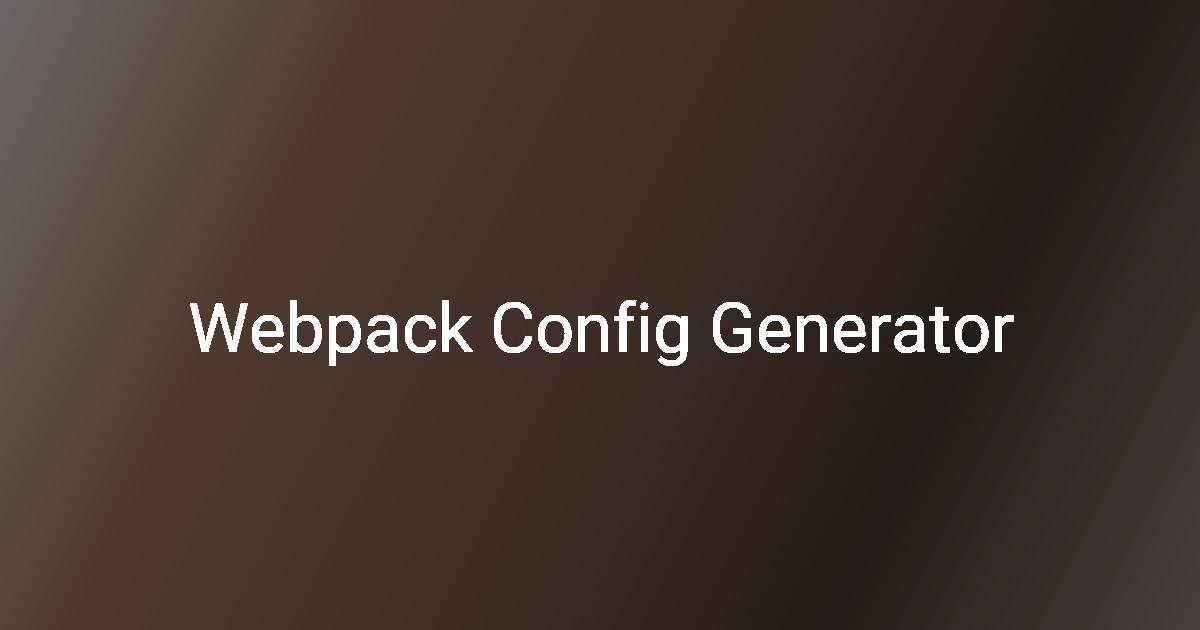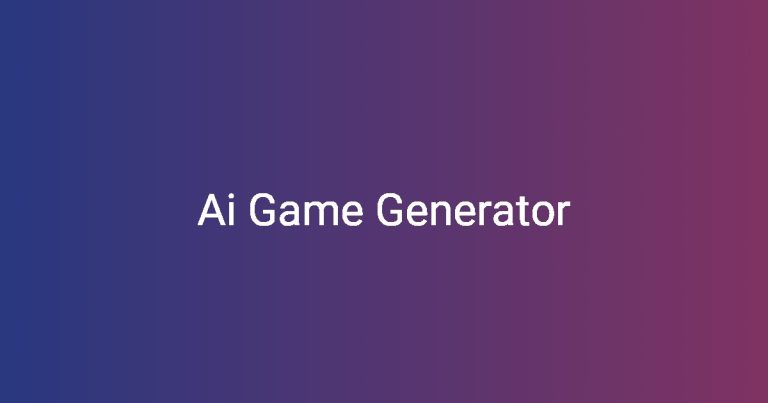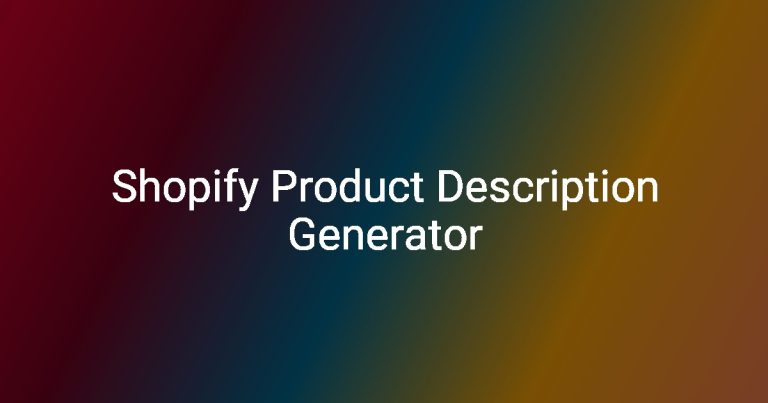The webpack config generator allows users to easily create and customize their webpack configuration files. This webpack config generator simplifies the setup process for developers working on JavaScript applications.
Unlock Creative AI Magic
All‑in‑one AI for images, video, effects & more - start free.
- 💬 Text → Image / Video
Instantly generate high‑res visuals from any prompt. - 📸 Image → Animated Video
Bring your photos to life with smooth AI animations. - ✨ 150+ Trending Effects
Anime filters, lip‑sync, muscle boost & more. - 🧠 All Top Models in One
Access Pollo 1.5, Runway, Luma, Veo & more.
Instruction
To get started with this webpack config generator on the current page:
1. Fill in the required fields to define your project specifications, such as entry points and output settings.
2. Click the “Generate Config” button to produce your customized webpack configuration file.
What is webpack config generator?
The webpack config generator is a tool that helps developers generate configuration files for webpack, a popular module bundler. This generator streamlines the process of setting up build settings for JavaScript projects, ensuring that necessary parameters are easily configured.
Main Features
- User-friendly interface: The generator provides an intuitive interface to fill out your project needs.
- Customizable options: Users can customize the configuration for different environments (development, production).
- Downloadable output: The generated configuration file can be downloaded directly to your computer.
Common Use Cases
- Creating a webpack configuration for single-page applications.
- Setting up a development environment with live reloading and source maps.
- Building a production-ready bundle for deployment.
Frequently Asked Questions
Q1: How do I use the webpack config generator?
A1: Simply fill in your project details and click the ‘Generate Config’ button to create your configuration file.
Q2: Can I customize the generated configuration?
A2: Yes, the generator allows for various customizations based on your project’s requirements.
Q3: What format does the output configuration file have?
A3: The output is typically in JavaScript or JSON format, ready to be used in your project.






